Coming back to school after winter break can be difficult. The 2020 school year will be no different with its plethora of unique circumstances. Students and families across the country will be returning to school and will need time to adjust to the upcoming semester like never before. No matter if you are returning face-to-face, virtually, or a combination of both, there are a few things you can do to set yourself up for success. Check out the eight tips below to find success as you embrace returning to school after winter break.
Choose Your Mindset
We know that returning to school after winter break is an adjustment for both students and staff. In a normal school year, it takes a few days for everyone to get back into the swing of things. Most students are off schedule and tired. Many are unregulated from the lack of routine and predictability in their lives.
Strive to create a healthy mindset that will best serve you. Mentally prepare for the fact that coming back to school this year may come with more unique challenges than usual. If it works for you, use visualization and positive self-talk to prepare yourself for what is ahead. Set yourself up for success by creating a plan for how you will maintain a positive mindset and optimistic outlook for what is to come.
Make Connections
Many students are craving connection and attention. After the break, many students are returning to school in person for the first time this school year. The lack of social interactions most likely has taken a toll and students are looking for adult and peer attention. Your positive attention and kind words can make all the difference in the life of your students.
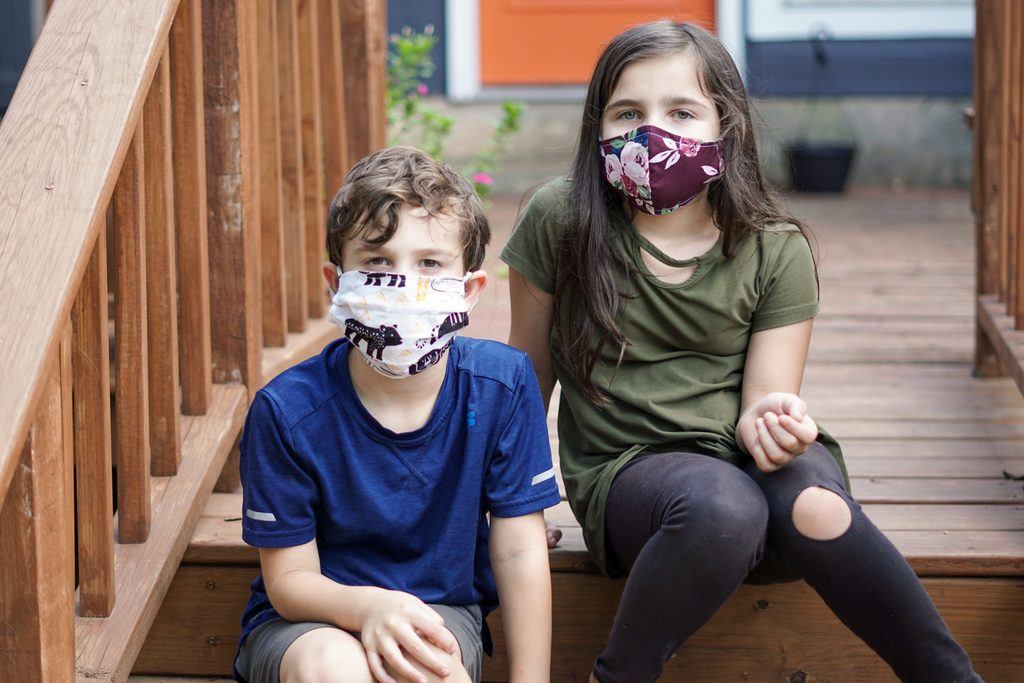
Do your best to do quick check-ins with as many students as possible, using their names as frequently as you can. During the first few days back from winter break, set students up for success by being visible during the start of the school day, recess, lunch, and dismissal, making connections with as many kiddos as you are able.
Check out these posts about how to keep your documentation of contacting organized and for tips as to how to best support school staff.
Spot the Strugglers
Some students are going to struggle more than others as they come back from winter break. Some students were virtual and are coming back face-to-face for the first time this school year. This could potentially be the first time a student has been seen by someone outside their family in months. They may need extra support. Pay special attention to students who look like they are struggling or may need to talk to someone and reach out for assistance.
Think of how you want teachers to refer students to you and create a system that works well for you. E-mail staff or speak at a staff meeting to let the teachers and staff know how to best contact you and how they can refer students to you. Having a system in place will help you best serve your students, organize your responsibilities, and maintain your sanity while helping to minimize over-referrals from teachers.
Reach Out with Action Plans
Take the time to reach out to parents of students who you are concerned about. Whether it be academic, attendance, or behavioral concerns, work with the family to set their student up for success right from the start. Help break down any barriers and create an action plan for success with the parents and student (depending on the student’s age). Work together with the families to review expectations and develop a plan for how the student will meet those expectations.
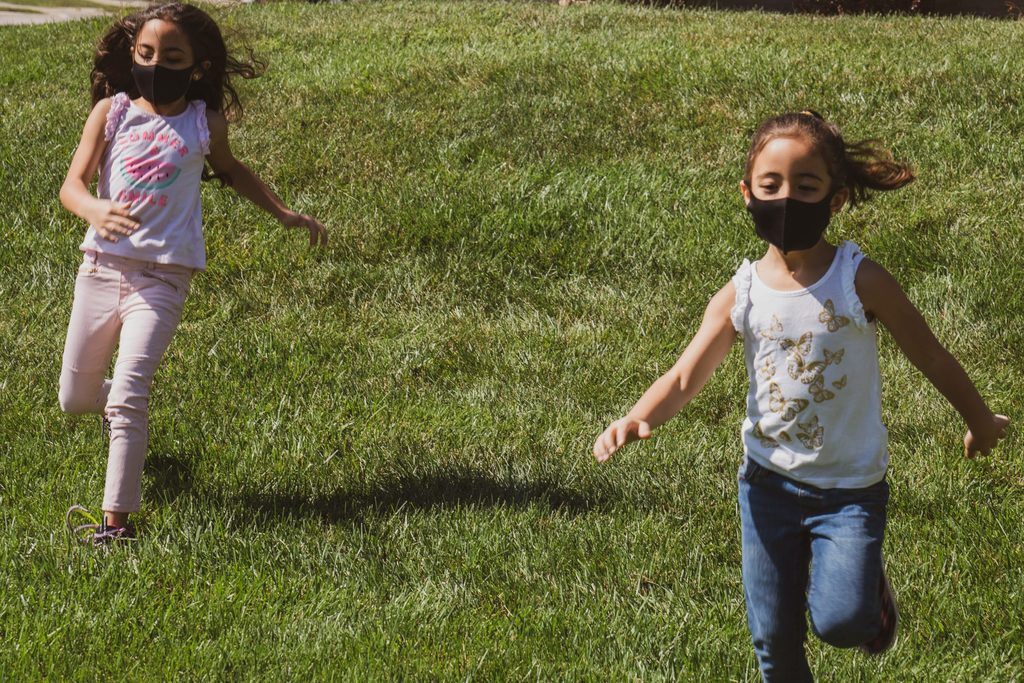
Be proactive in considering any differences students will face when they return to school after winter break. Has the format for students attending school changed or remained the same? Will students have completely different learning experiences coming back from winter break than they did when they left? What is expected of them now and how can you best help? Brainstorming possible problems and solutions will help you to have a much smoother start when everyone comes back to school after winter break.
COVID Friendly Lessons
It’s our job to help build and develop social-emotional skills. With COVID, it is also our job to keep our students safe and adhering to social distancing guidelines. It can be difficult to achieve both since most of our lessons have students working in teams, refining their social skills through interactions with peers. We must find creative ways to help students develop their skills while keeping them a safe distance from one another.
I have started using digital activities to teach social skills while keeping kids safe. Digital activities can be done as a whole group on a Smartboard or individually using an iPad or tablet. The activities can be also be assigned to students in Google Classroom™.
I have been loving using Google Slides™ lessons with my students. For my virtual students, it is so easy to pop into a Google Classroom™, share my screen, and play a fun coping skills game with my students. I try to keep my lessons interactive and engaging by using fun graphics and pulling in holidays and school themes.
Practice Patience
The last time most students had a break from school was spring break. Many students left school thinking they’d be back in a week and it ended up being many months before they roamed their school’s hallways again. Some students still aren’t back in the classroom and haven’t been since that break in March. Many students are feeling unsure about the unpredictability of life and may need extra support sorting out their thoughts and concerns. To the best of your ability, be extra patient with everyone, including yourself. We are all trying to adapt to new norms.
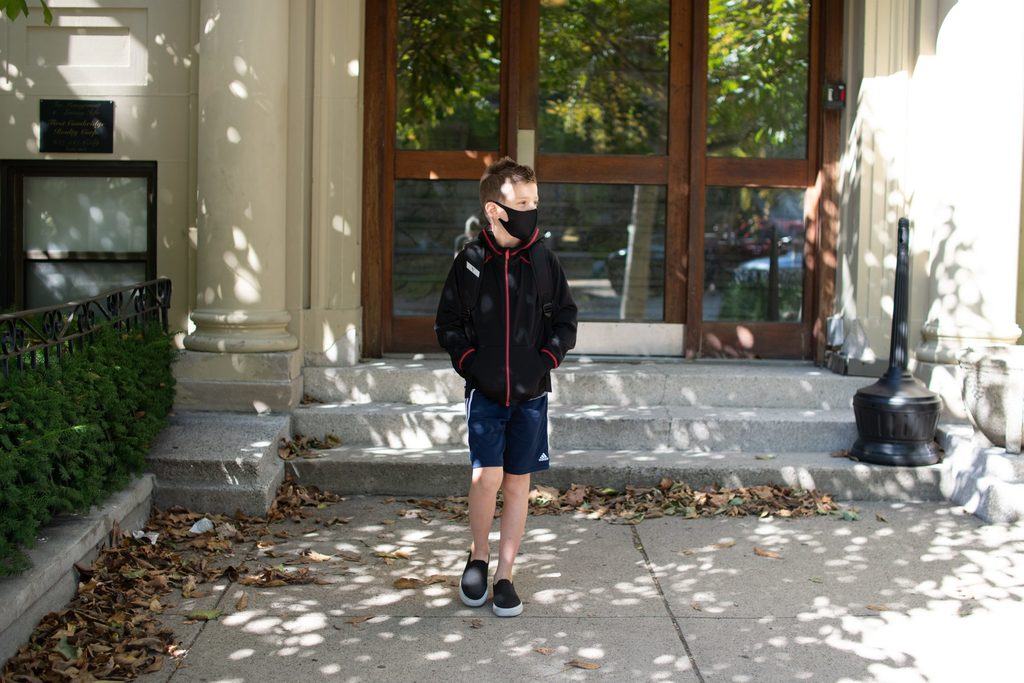
Community Resources
Many families are struggling financially and emotionally. Compile a list of resources that are available to assist families in your community. Find out how you can refer families and best utilize their resources and services. When a family reaches out to you, having a list you can refer to quickly will be such a timesaver.
Create A Return from Winter Break Care Plan
2020 has been a special kind of stressful. Working in the field of education comes with more than its fair share of challenges and chaos; 2020 came with a special kind of stress that I cannot describe in words. Dedicated time for self-care is more important now than ever before. One thing that works well for me to help prevent getting overwhelmed is having a self-care plan. I don’t mean taking a spa day, although that sounds divine. I mean being intentional with my care like I would be with the care of my children.
For me, my self-care looks like:
- Setting boundaries with others by saying no when I need to
- Going to bed early and waking up before anyone else to get some quiet time
- Going on walks to help organize my thoughts and clear my mind
- Taking a moment to breathe with an ice-cold midday Dr. Pepper
- Watching low stake game shows where everyone is nice to each other
- Reframing negative thoughts as they arise

Take the time to figure out which self-care strategies help you to be the best version of yourself and create the time to make it happen. Listen to your body and speak kindly to yourself. If you are struggling, seek professional assistance or speak to someone about your concerns.`
Take care of yourself so you can better take care of everyone else.
We Did It
The 2020 school year was hectic and challenged everyone to adapt, persevere, and grow from their experiences. Although extremely difficult, we pulled together as educators and did what was best for our students. We do not yet know what the year 2021 will bring, hopefully following the tips above will help to make the start of the year just a little bit easier.
What tips for returning to school after winter break would you include? Let us know in the comments section below!

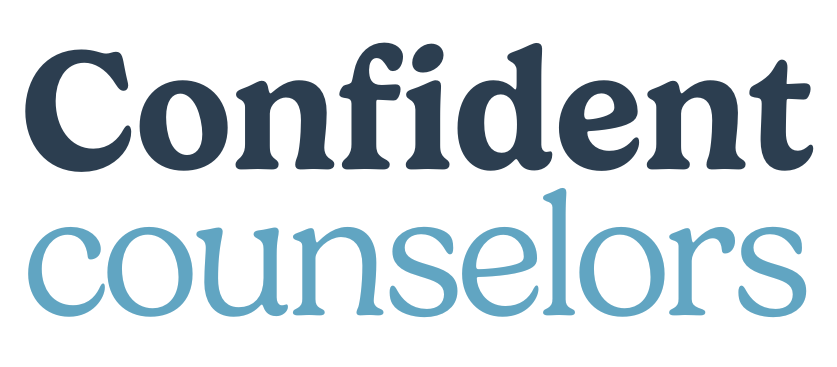
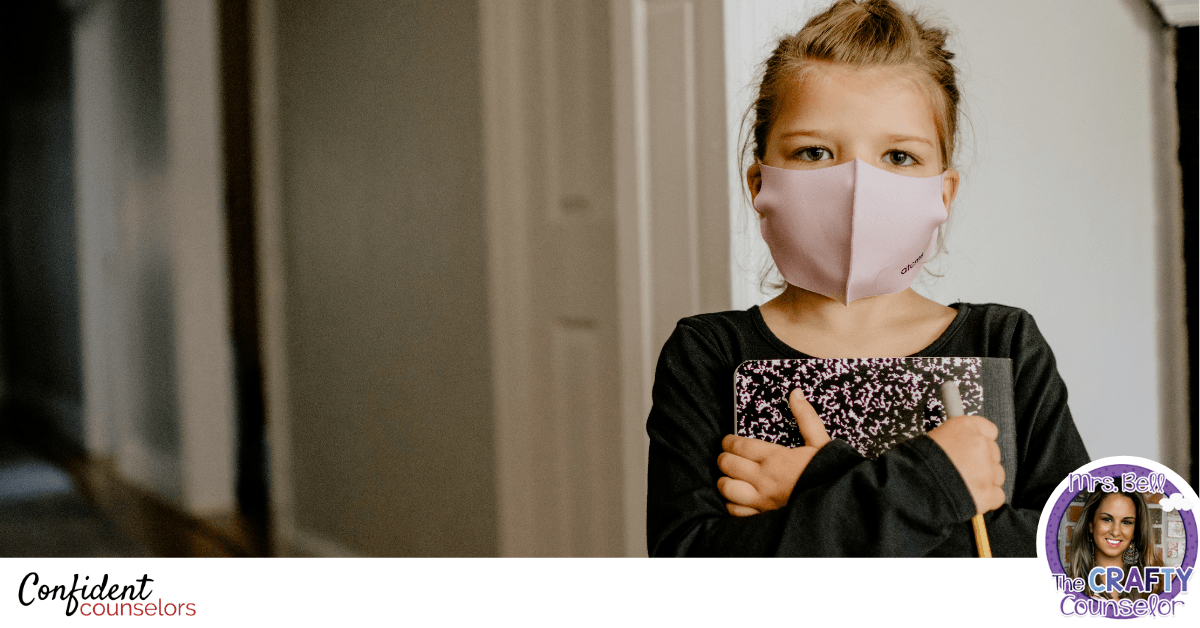



Hi I am so glad I found your blog. I look forward to catching up with all of your great posts. Thanks for sharing. I am very curious to see an ASCA action plan as I am in need of new ideas. Do you have any you would be willing to share? Thank you.